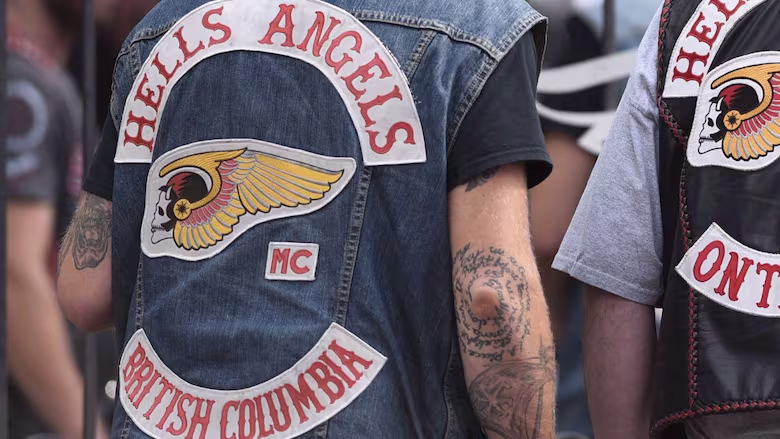Supreme Court ends Hells Angels' 16-year legal battle to prevent sale of seized clubhouses in B.C.
Canada's top court says it will not hear appeal over properties seized by province

The Supreme Court of Canada says it will not hear an appeal from the Hells Angels over properties the province of British Columbia seized from the motorcycle gang in Kelowna, Nanaimo and Vancouver.
On Thursday, the country's highest court dismissed a leave to appeal from Angel Acres Recreation and Festival Property Ltd. that sought to challenge a decision by a lower court in B.C., which said the clubhouses would likely be used for criminal activity in the future.
The Supreme Court gave the go-ahead for the province to sell the three properties, which were seized outright and the locks changed in April.
Thursday's ruling ends a 16-year legal saga regarding the clubhouses.
Lawyers representing the Hells Angels went to court to stop the province from selling the properties, which it is allowed to do under the Civil Forfeiture Act.
The act came into place in B.C. in 2006 and is meant to "ensure that people cannot profit from unlawful activity or use property in a way that may harm other persons."

B.C.'s forfeiture office first moved to seize the Nanaimo clubhouse in 2007, and attempted the same with the Kelowna and Vancouver clubhouses in 2012.
The properties are located at 805 Victoria Rd. in Nanaimo, 837 Ellis St. in Kelowna and 3598 E. Georgia St. in Vancouver.
They were described by the courts as fenced and gated, with metal, outward-opening doors to prevent forced entry, extensive security systems, and other measures to "prevent police from surreptitiously monitoring" Hells Angels' activities.
The B.C. Assessment website gives the total combined value of the properties as just over $3 million.
In its bid to stop the seizures, the Hells Angels initially won a decision in B.C. Supreme Court in 2020.
However, that was overturned in February by the B.C. Appeal Court, which found there was little evidence the gang would have suffered "irreparable harm" if the properties were sold.
At the time, the civil forfeiture office said it would return the contents and belongings in the three clubhouses, as those were not subject to forfeiture. It would then sell the properties.
'You will not profit from any crime:' solicitor general
On Thursday, B.C. Minister of Public Safety and Solicitor General Mike Farnworth said the SCC decision confirmed that measures to combat organized crime, such as the forfeiture act, work.
"The tools we use to combat organized crime are constitutional and put criminals on notice," said Farnworth in a statement.
"My message to those involved in organized crime: We will continue to go after your clubhouses, expensive cars, front businesses and luxury goods. You will not profit from any crime you commit in British Columbia."
The province says it has made $129 million in civil forfeiture seizures and sales since B.C.'s Civil Forfeiture Act came into force in 2006. Of that money, $66 million has been used for crime prevention, remediation grants and compensation to victims.
Farnworth also touted legislation announced in March that will order people to explain how they acquired their wealth in cases where there are suspicions that it was generated from criminal activity.
That information could then lead to a seizure of property such as vehicles or luxury goods. Proceeds from their sale by the province could then be used to support victims of crime.
With files from Bridgette Watson and Akshay Kulkarni

